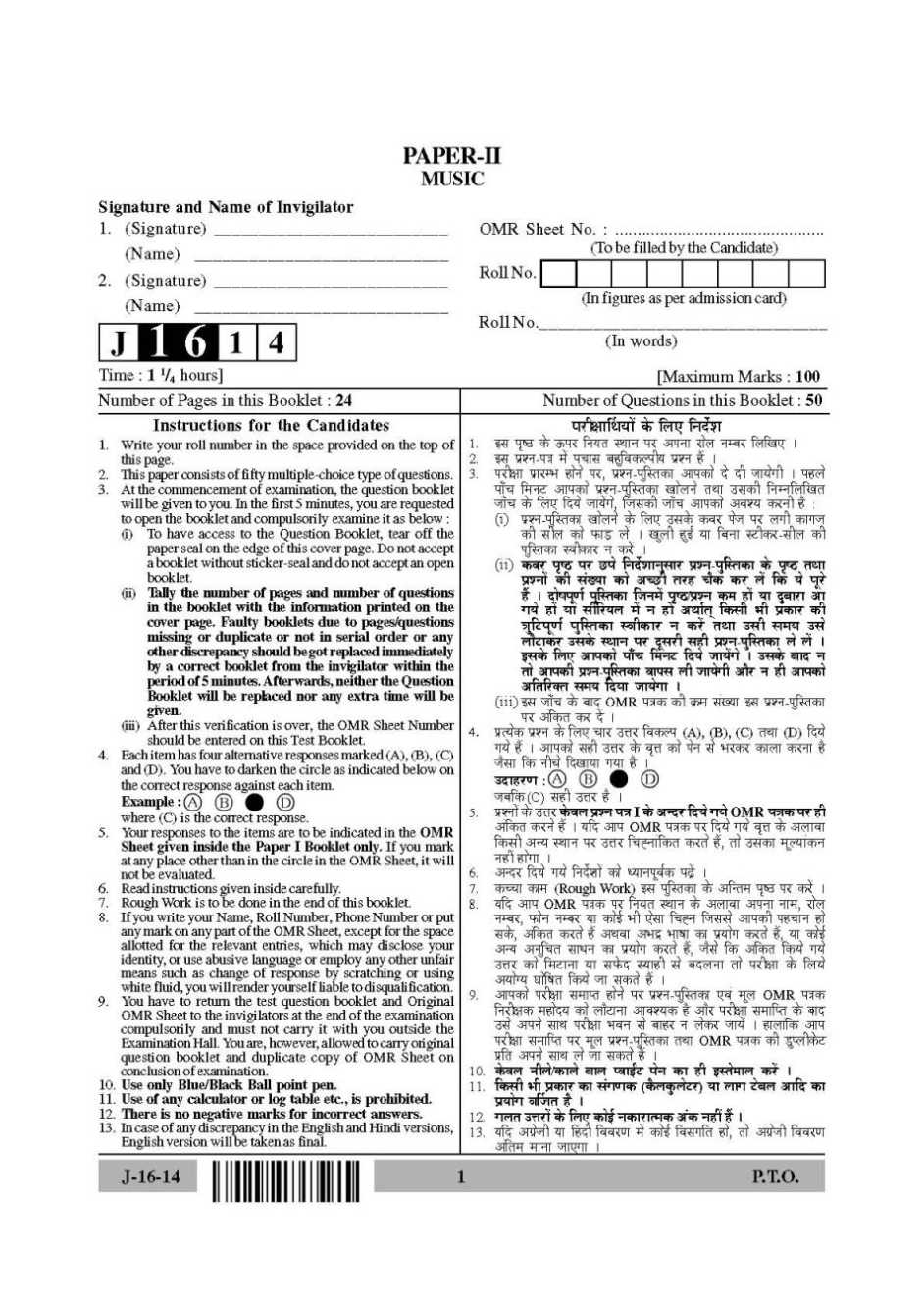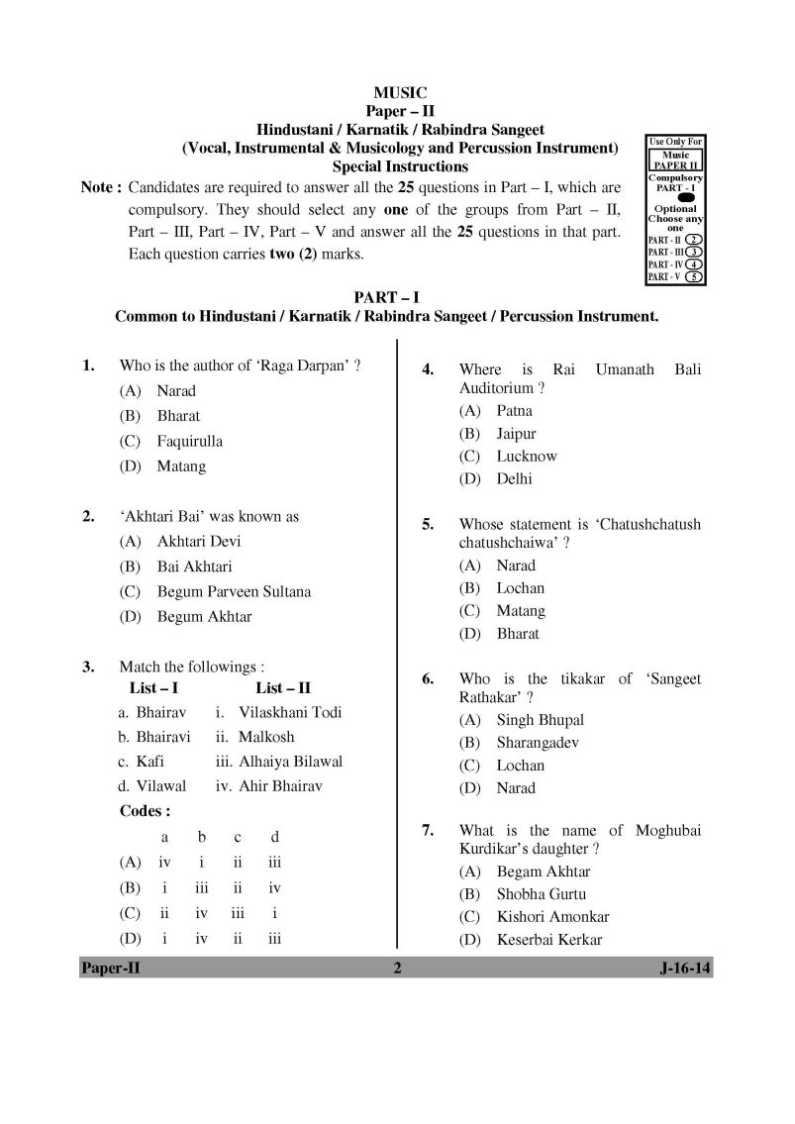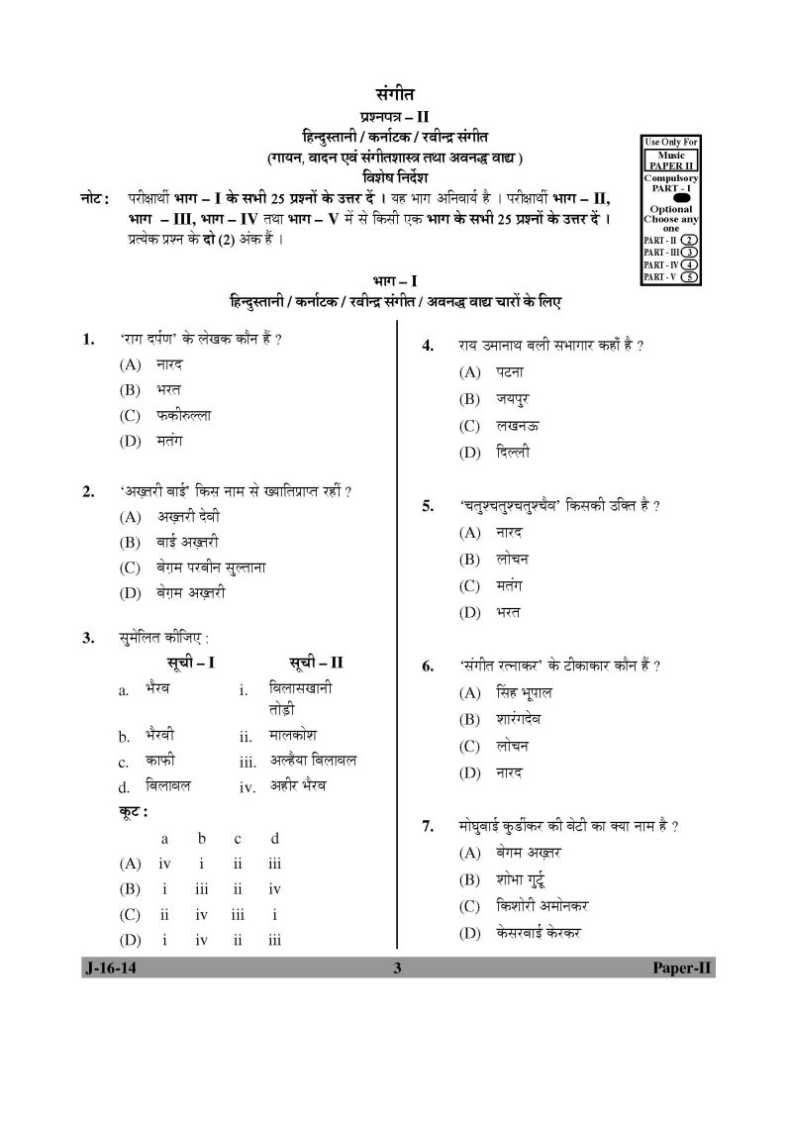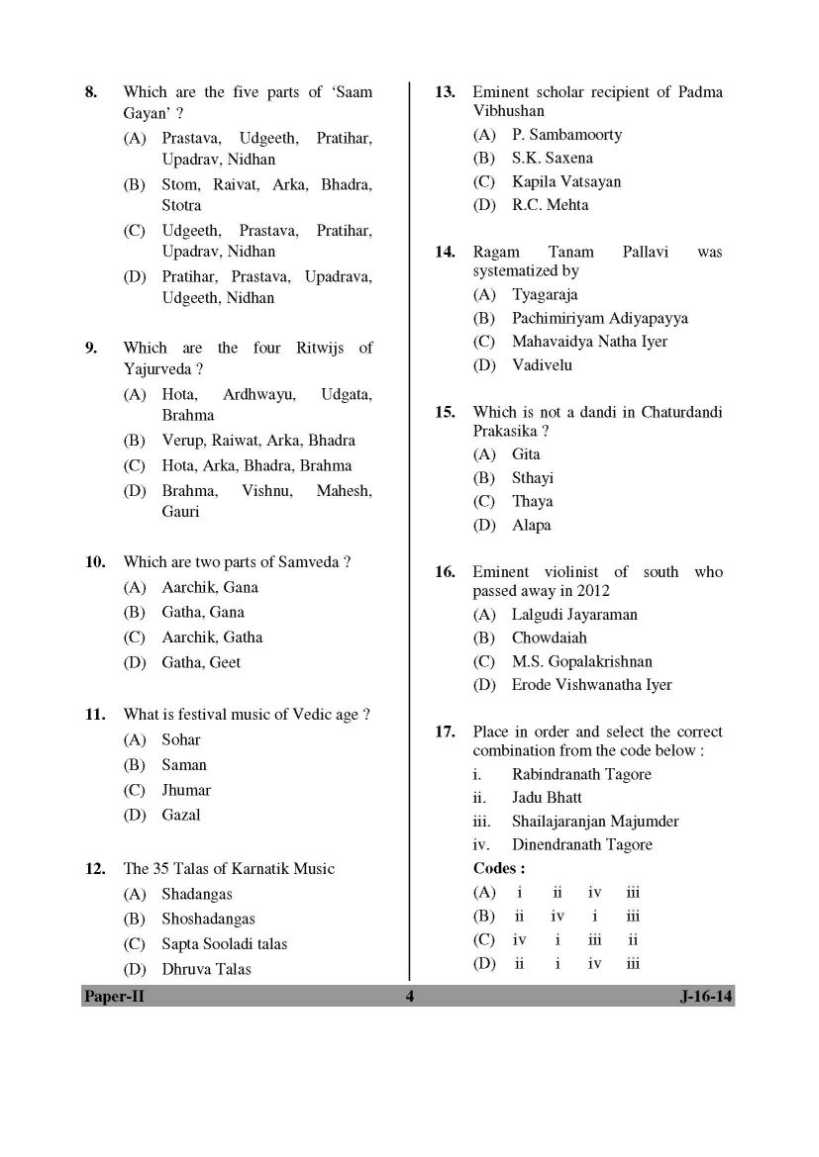| Other Discussions related to this topic | ||||
| Thread | ||||
| CSIR-UGC National Eligibility Test Life Sciences syllabus free download | ||||
| National Eligibility Test Syllabus for Computer Science PDF | ||||
| National Eligibility Test For MCA | ||||
| What is the National Eligibility Test | ||||
| National Eligibility Test Political Science Syllabus | ||||
| National Eligibility Test Syllabus For Social Work | ||||
| National Eligibility Test Mock Test | ||||
| UGC National Eligibility Test Political Science syllabus | ||||
| UGC National Eligibility Test Pali syllabus | ||||
| UGC National Eligibility Test previous year question papers of subject of Music | ||||
| National Eligibility Test eligibility criteria | ||||
| UGC National Eligibility Test Anthropology syllabus | ||||
| UGC National Eligibility Test Management syllabus | ||||
| UGC National Eligibility Test Computer Science and Applications syllabus | ||||
| Syllabus for National Eligibility Test | ||||
| UGC National Eligibility Test syllabus Hindi Literature | ||||
| National Eligibility Test (NET) Exam Eligibility | ||||
| National Eligibility cum Entrance Test UG eligibility criteria | ||||
| UGC National Eligibility Test Comparative Literature syllabus | ||||
| National eligibility test syllabus for coad 58 | ||||
|
#2
| |||
| |||
|
Ads you want I am here providing you Music Syllabus of the UGC NET exam. Music Syllabus of the UGC NET exam: Technical – Terminology Nada, Shruti, Swara, Grama – Moorchana, Jati, Raga, Tala, Tan, Gamak, Gandharva – Gaan, Marga – Deshi, Giti, Gaan, Varna, Alankar, Melody, Harmony, Musical Scales, Musical intervals, Consonance – Dissonance, Harmonics. Western and South Indian terminology and their explanation, Drone, Alpatva – Bahutva, Abirbhav – Tirobhav, Uthan, Peshkar, Kay da, Rela, Rang, Laggi, Ladi, Farshbandi, Tala, Laya, Matra, Avartan, Vibhag, Sashabda Kriya, Nishabda Kriya, Theka, Saral Gat, Adi Gat, Chakradar Gat. Farmaishi Gat and other variety of Gats and Kayadas, Upanga, Bhashanga, Gita, Kriti, Kirtana, Jatiswara, Pada, Swarjati, Ragmalika, Tillana, Nyasa, Amsa, Prasa, Yati, Anuprasa, Alapana, Neraval, Sangati and other terms, Gitinatya, Nritya – Natya, Baitalik, Varsha – Mangal, Basantotsav, Gita – Bitana, Swara – Bitana, Akarmatrik notation, Masitkhani and Rajakhani Gat. Applied Theory Detailed and critical study of Ragas, classification of Ragas, i.e., Grama Raga vargikaran, Mela Raga Vargikaran, Raga – Ragini Vargikaran, Thata Raga Vargikaran, and Raganga Vargikaran, time – theory of Ragas, Application of melody and harmony in Indian Music, Placement of Shuddha and Vikrit Swaras on Shruties in ancient, medieval and modem period. Detailed knowledge of prevalent talas of Hindustani music, knowledge of tala Dashpranas and Marga and Deshi talas of ancient period, the original principles of making Tihai, Chakradar Gat, Chakradar Paran, comparative study of Hindustani and Karnatak tala system with special reference to ten pranas of tala, detailed study of different layakaris viz, Dugun, Tigun, Chaugun, Ada, Kuada, Viyada and method to apply them in compositions. Tagore’s treatment of Hindustani ragas and raginis, elements of Hindustani classical music, Karnatak music, Western Music, Music from other provinces, folk music and Kirtan of Bengal and their influence on Tagore’s treatment of ragas. Compositional Forms and their Evolution Prabandha, Dhrupad, Khyal, Dhamar, Thumri, Tappa, Tarana, Chaturang, Trivat, Vrindagana, Vrinda Vadan, Javeli, Kriti, Tillana, Alap, Varnam (Pad Varnam and Tana Varnam), Padam, Ragam, Tanam, Pallavi, Gita, Varna, Swarajati, Kalpita, Sangita, Ragamalika, Narvallu, Swara Kalpana (Manodharma Sangeet), Tevaram, Divyaprabandham, Tiruppugazh. Main Forms of Rabindra Sangeet. Akarmatrik Notation System. Knowledge of Devanagari Script. History of Music of Bengal. Gharanas and Gayaki Origin and Development of Gharanas in Hindustani Music and their contribution in preserving and promoting traditional Hindustani Classical Music. Merits and demerits of Gharana System. Origin and Development of Gharanas in Instrumental music and Percussion and their contribution in promoting traditional Indian Classical Music, merits and demerits of Gharana system. Study of the traditions and specialities of different gharanas in vocal, instrumental and percussion group. Desirability and possibility of gharanas in contemporary music. Guru Shishya parampara and different styles of singing and playing in Karnatak Music. An overall survey of Rabindra Nath Tagore’s musical creativity, tonal and rythmic varieties of Tagore’s musical compositions including his own experimental variations. Periods and phases of Tagore’s musical compositions. ( Chronological order may be maintained ). The Cultural atmosphere of Tagore’s family ( Pathuriaghata and Jorasanko, Calcutta ) Thematic variations of Tagore’s Music : ( Puja, Swadesh, Prem, Prakriti, Vichitra, Anusthanik ). Contribution of Scholars to Indian Music and their textual tradition Narad, Bharat, Dattil, Matanga, Sharangadeva, Nanyadeva and others. Lochan, Ramamatya, Pundarik Vitthal, Somnath, Damodar Mishra, Ahobal, Hridaya Narain Deva, Vynkatmakhi, Sriniwas, Pt. Bhatkhande, Pt. V. D. Paluskar, Pt. Omkarnath Thakur, K. C. D. Brahaspati, Dr. Premlata Sharma and others. Study of ancient, medieval and modern treatises in Percussion instruments like Bharat Natyashastra, Sangeet Samaysar, Radha Govind Sangit Sar, Madrul Mosiqui, Bhartiya Vadyon Ka Itihas, Sangeet Shastra, Bhartiya Sangeet Mei Taal aur Roop, Abhinav Tala Manjari, Bhartiya Sangeet Vadya, and other treatises. Contribution of various Scholars to percussion instruments like Kudau Singh, Bhagwan Das, Raja Chatrapati Singh, Anokhe Lai, Ahmadjan thirakwa, Shamta Prasad, Kishan Maharaj and others in ancient, medieval and modern period. Tagore’s Musical dramas (gitinatyas) and dance – dramas ( nrityanatyas ); e.g., Valmiki Pratibha, Kalmrigaya, Mayar Khela, Chitrangada, Chandalika, Shyama and other dramas full of various songs, i.e., dramas like Prayaschitta, Visarjan, Saradotsava, Raja, Phalguni, Taser Desh, Vasanta etc. Tagore’s musical creativity in Gitabitan, Part I, II, III, Swarabitan ( notation books ) Part 1 – 63, Sangeet – Chinta ( Vishva – Bharti ). Contribution of prominent Karnatak Scholars, composers and performers and their medieval and modem period like, work such as.Ramamatya, Vyankatmakhi, Tyagraja, Muttu-Swami Dikshitara, Shyama Sastri, Gopal Krishna Bharati, Prof. Sambhamoorti, Papanasam Shivan, Vasantha Kumari, Subbulakshmi, Ramari, T. N. Krishnari and others. Historical Perspective of Music A study of the historical development of Hindustani music (Vocal, Instrumental, Percussion), Karnatak Music and Rabindra Sangeet in ancient, medieval and modern period. Contribution of Western Scholars to Indian Music. Aesthetics Its origin, Expression and Appreciation : Principle of aesthetics and its relation to Indian Music. Rasa theory and its application to Indian Music. Relationship of Musical aesthetics and Rasa to Hindustani Music ( Vocal, Instrumental and Percussion ), Karnatak Music and Rabindra Sangeet. Interrelationship of Fine Arts with special reference to Rag – Ragini Paintings, Dhyan of Ragas and others. Bibliography of Rabindra Nath Tagore. Instruments / Dance Origin, evolution, structure of various instruments and their well – known exponents of Hindustani (Vocal, Instruments and Percussion), Karnatac Music and Rabindra Sangeet. Importance of Tanpura and its Harmonics. Classification of Instruments of Hindustani, Karnatac Music in ancient, medieval and modem period. Popular instruments used in Rabindra Sangeet. Elementary knowledge of Indian dances like Kathak, Bharatnatyam, Kuchipudi, Oddissi, Kathakali etc. Folk Music Influence of folk music on Indian Classical Music. Stylisation of folk melodies into ragas. Popular folk tunes and folk dances of Hindustani, Karnatak and Rabindra Sangeet, such as Baul, Bhatiyali, Lavani, Garba, Kajri, Chaity, Maand, Bhangra, Gidda, Jhoomar, Swang, Pandawani, Amar – Praner Manush Acchhe Prane, Amar Sonar Bangla, Kirtan, Sari, Rai Beshe, Jhumur, Karakattam, Kavadi Attam, Villuppattu, Maiyandi Melam and other prominent folk forms. Analysis of the elements of Hindustani folk music, Karnatac folk music or South Indian folk music and Rabindra folk Sangeet or folk music of Bengal and the elements regarding their interrelationship. General Study of the Folk Music of various regions of India like Uttar Pradesh, Rajasthan, Haryana, Punjab, Maharashtra, Bengal and South India. Music Teaching and Research Technologies Guru Shishya Parampara, Sangeet – Sampradaya Pradarsini and the institutional system of music teaching with reference to Hindustani, Karnatak Music and Rabindra Sangeet. Utility of teaching aids like electronic equipments in music education with reference to Hindustani, Karnatak music and Rabindra Sangeet. The methodologies of music research, preparing synopsis, data collection, field work, writing project reports, finding bibliography, reference material etc. with reference to Hindustani, Karnatak music and Rabindra Sangeet. Study of interrelation between textual and oral tradition. UGC NET Music Paper III ( B ) ( Elective / Optional ) Elective – I Aesthetics, Rasa Elective – II Gharanas, Baj, Sampradaya, Composers and Musicians. Elective – III Interdisciplinary studies in Music such as Music and Philosophy, Music and Religion Music and Culture, Music and Social Sciences, Music and Science. Elective – IV New Trends of Indian Music in Post – Independence Era. Elective – V Research in Music and its new avenues, Music Education. Elective – VI Folk Music, Music Festivals, Temple Music. Sample paper of the Music of UGC NET exam     Here is the attachment of the sample paper of the Music of UGC NET exam...............
__________________ Answered By StudyChaCha Member |